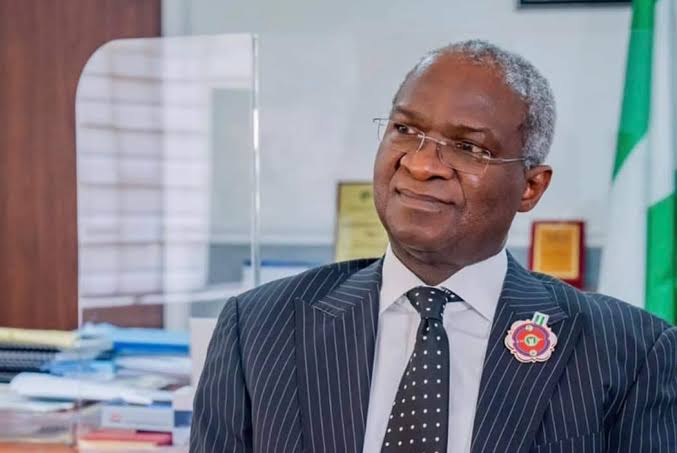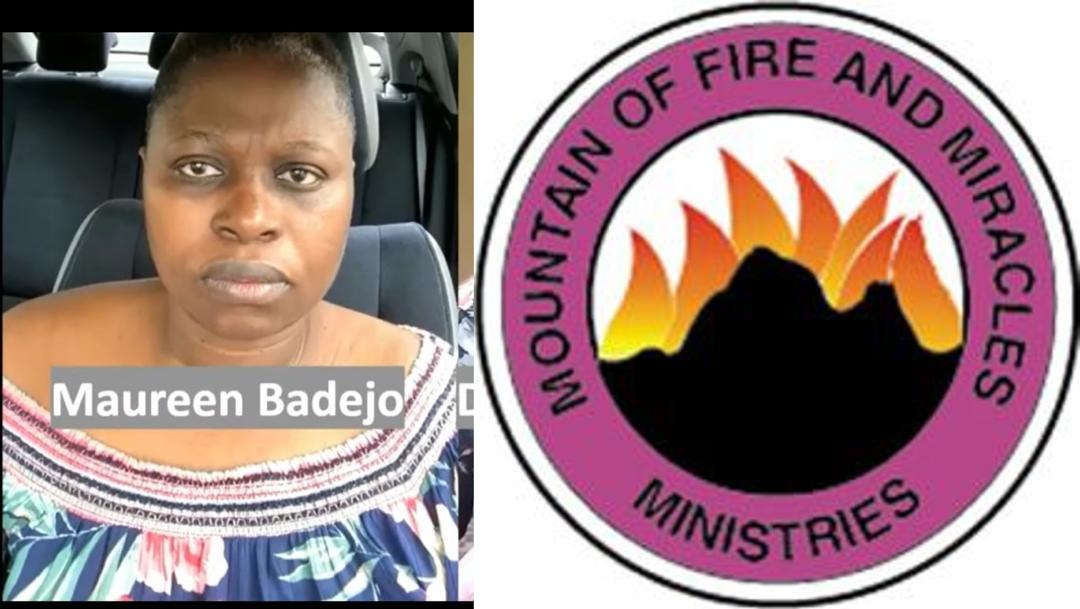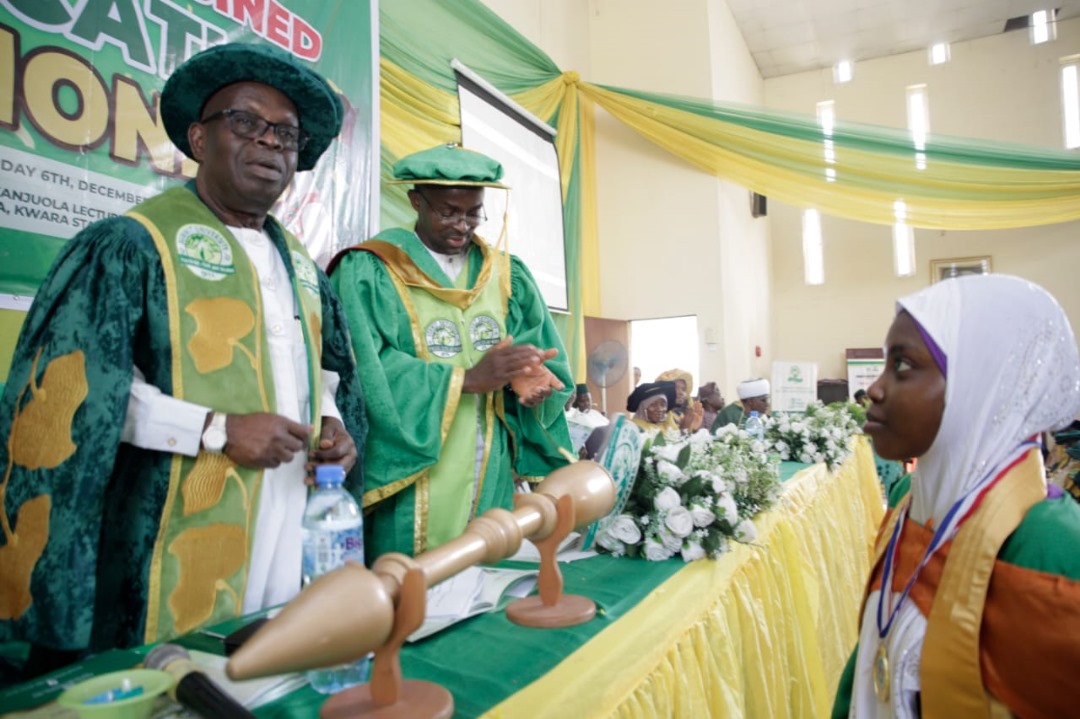
Minimum wage review: My takeaway, by Babatunde Fashola
During my participation at the Covenant Nation’s The Platform event, on June 12, 2024 I promised to provide a reasoned contribution to the conversation on minimum wage.
Here it is.
The extant law on minimum wage is the National Minimum Wage Act 2019, which came into force on the 18th April 2019; and it provides in Section 3 (4) that:
“The national minimum wage expires after five years, and it shall be reviewed in line with the provision of this Act.”
Please note that it is the “minimum wage” that has expired but not the Act, and as is shown in the underlined portion above, the review of the 2019 minimum wage provisions, after the period of five years, shall be in line with the provision of the 2019 Act.
What is the minimum wage?
The answer is to be found in Section 3 (1) of the law where it provides that:
“Every employer shall pay a national minimum wage of not less than N30,000 per month to every worker under his establishment, except as otherwise provided under this Act.”
Please note the words used in the underlined portion of the provision, namely; “wage” and “per month”.
Bearing in mind that this is a federal law, there must be constitutional authority for the Federal Government through the National Assembly (NASS) to make laws on wages.
This authority is to be found in item 34 of the 1999 Constitution as amended in the Exclusive Legislative list which confers power on the NASS to legislate on:
“Labour, including trade unions, industrial relations, conditions, safety, and welfare of labour; industrial disputes, prescribing a national minimum wage for the federation or any part thereof; and industrial arbitrations.”
On the face of it, all will seem to be normal until we examine closely what a wage is.
In my recent monograph, “The Nigerian Public Discourse: The Interplay of Empirical Evidence and Hyperbole”, I had made the point at page 89 that: “…the word…used in item 34 of the Exclusive Legislative list is minimum wage.”
It does not talk about salaries. I further stated that “…it has also been shown, wages and salaries are different and should not be conflated.” I posited that “…efforts to improve minimum wage must be that and nothing more. It must not translate to a salary overhaul by accident”.
What then is the difference between “wages” and “salaries” and what has NASS legislated?
All the definitions available recognize that wages and salaries are common methods of compensation open to the employer.
However, a salary is a fixed annual amount, payable at specific intervals subject to agreement. It can be paid weekly, bi-weekly or monthly.
On the contrary, wages refer to payment based on an hourly rate and the number of hours the employee works.
Therefore, it seems obvious from this definition that by making a law in Section 3(1) of the Minimum Wage Act that the minimum wage of N30,000 shall be paid monthly, the NASS may have acted unconstitutionally by legislating on a SALARY (monthly payment) when they only have power to legislate on WAGES, an hourly payment.This is important while the conversation on minimum wage is being had in 2024 because in Section 3(4), the minimum wage “shall be reviewed in line with the provisions of this Act” which includes Section 3(1) that has prescribed a monthly amount instead of an hourly wage.
If we follow the proper definition of wages as an hourly rate and apply the global method for computing it, which is to divide the gross annual sum by 52 weeks, and further by 40 hours recommended per week, we will have for Nigeria a minimum wage that is not N30,000 per month, but rather N30,000 X 12 (months) = N36,000 divided by 52 (weeks) = N6,923.07 divided by 40 (hours), which will give a minimum wage of N173.07 per hour.
In other jurisdictions where the minimum wage is applicable, amendments to increase them do not necessarily translate to massive distortions across the salary compensation scheme.














Post Comment